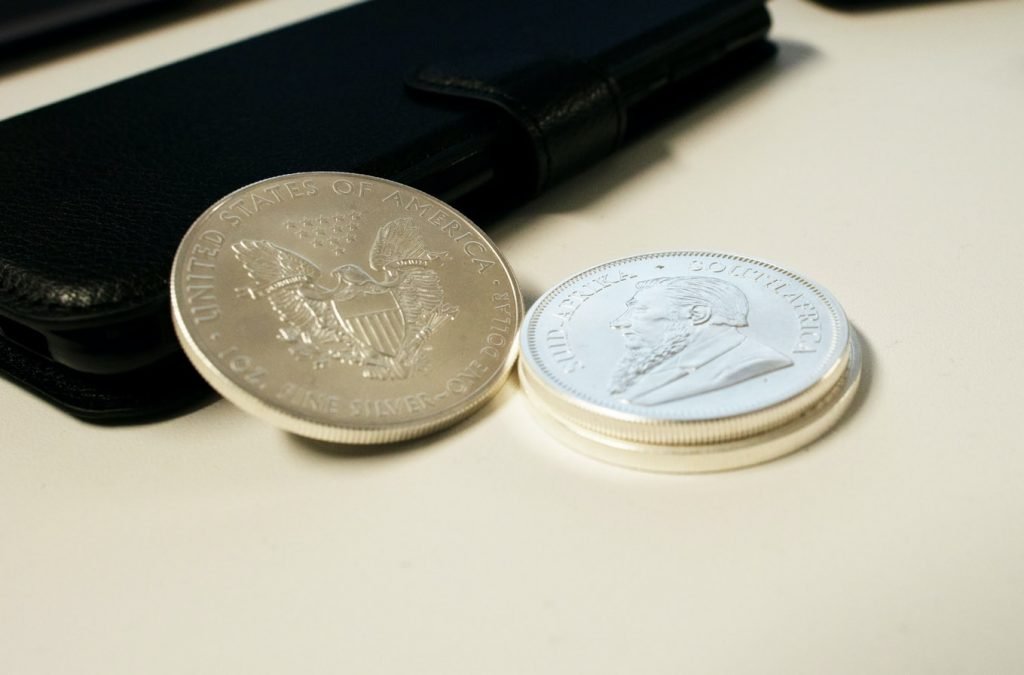Most of us trade to make money. You may be searching for the holy grail, a system which has a high win rate coupled with high rewards.
All of us might have been taught that we need a good risk to reward ratio, ie. 1:2 and higher. Take a deep breath before I burst your bubble.
You don’t need a good risk to reward ratio to make money. Allow me to share a strategy and the components of trades that will grow your account size.
A Real Life Story
 There are 2 sides of every coin. This means that there is a 50% chance the coin will land on its head and the chance of it landing on its tail is also 50%.
There are 2 sides of every coin. This means that there is a 50% chance the coin will land on its head and the chance of it landing on its tail is also 50%.
As a game, if you get heads, you win $2. If you get tails, you lose $1. Since there’s a 50% chance the coin will land on its head, your win rate is 50%. Your risk to reward ratio is 1:2.
After tossing a coin 100 times, your win rate could be less than 50%! It’s possible that you get tails 70% of the time. It’s also possible that you get tails for 70 consecutive tosses!
The moral of the story: you can have an excellent risk to reward ratio and still not make money in trading.
After reviewing my trades for the first half of the year, I realized that I took way too few trades due to my strict adherence of the 1:1 risk to reward ratio rule. This resulted in tiny profits and losses at times.
Change In Perspective
Through the review, it dawned upon me that although I take trades which present a good risk to reward ratio, it’s ultimately Mr Market who determines if I make money (after proper analysis, of course).
I cannot ask Mr Market to go my way. I cannot depend on the risk to reward ratio of my trades to work out favorably as well. What can I rely on? The answer is My risk.
Questioning Myself
From the conversations with profitable traders and personal experience, I haven’t come across anyone who claims to have both a high win rate and excellent risk to reward ratio. They are mutually exclusive.
This leads me to constantly ask myself which I’d like to focus on or even find a balance. What do I need to understand about having a high win rate and improving my risk to reward ratio?
Understand and Accept
 Here’s one options strategy on oil futures I use.
Here’s one options strategy on oil futures I use.
Above is a chart of crude oil futures (/CL). I have marked out the support and resistance zones.
/CL is sort of moving sideways. I decided to employ a credit spread strategy.
How does this work? Basically I collect money by selling credit spreads. By being bullish here and selling credit spreads, as long as the price of oil stays above $50 at the time of expiry, I get to collect premiums (money from selling the option). However, when things go awry and the price of oil goes way below 50, I will cut my losses at 2 times the amount I collected.
My risk to reward here is 2:1. However, the probability of me collecting premiums is way higher at 90%. In options theory, a delta of 0.1 means that the chance for the price to hit a certain level is 10%. This means that there is a 90% chance oil will not reach the price levels that I have set. This is a rough gauge but at least something to refer to.
Using this strategy, I need to accept the trade-off between a high win rate and a favorable risk to reward ratio.
Conclusion
Understanding the strategy you choose and accepting its trade-off are essential. You must know yourself well and discover suitable strategies. As we are at the tail end of 2019, why not take things slower to reflect and learn?

